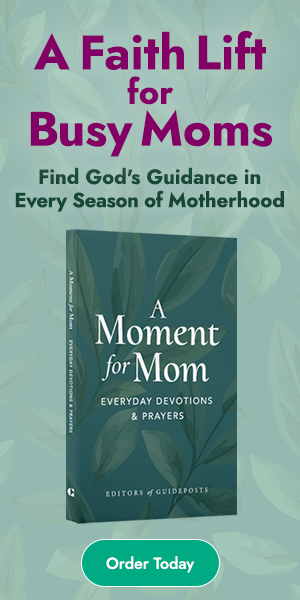Jessica Bibbo, PhD is a Research Scientist with the Center for Research and Education at Benjamin Rose Institute on Aging
Having a pet is one of the great joys in life, and also a serious responsibility. Your older loved one may have had a cherished dog or cat, or another precious creature, as a companion for years. Now, with your plate already full with caregiving tasks, you may find that pet care has also fallen, to one degree or another, on you. While this may mean additional chores and time requirements, you may also discover some real pluses. Dialogue with your loved one may improve, for example, and chances are you’ll even find yourself happier.
What it takes to care for a pet
A recent study of individuals who provide care for a loved one who owns a pet found that every caregiver who participated in the study played a role in performing care tasks for the pet. Daily chores caregivers are likely to assist with include feeding, replenishing water bowls, walking a dog or cleaning a cat’s litter box. Older adults who have difficulty managing their own medications probably also have trouble managing the medications their pets need. Even if the pet is not taking a prescription, there are preventative medications such as those for fleas and ticks, and heartworm preventative for dogs, that have to be given to the pet on a regular basis.
When your loved one has mobility issues, you may also be the one to buy pet supplies or take the pet to a veterinarian. Most pets need to go for a check-up once a year, and even animals who are kept inside should be up-to-date on their vaccines. While this adds up to more work and responsibility on the part of the caregiver, the potential positives should not be dismissed.
Pet care as self-care
Results from the same study which will be published shortly, showed that performing pet care tasks was associated with feelings of satisfaction in the caregiving role for those who had a strong bond with their loved one’s pet. The reason may be that even taking care of another person’s pet can provide you opportunities to relax, play, exercise and give and receive affection. Allowing yourself time out to pet a dog or cat, chat up a bird or watch colorful fish swim in a tank can be a great chance to breathe and center yourself in the midst of a frantic day. Playing with the pet for even five minutes can allow you to experience happiness and joy. Dog walking is great exercise, but it also gets you outside and gives you a chance to connect with neighbors. The more time you spend with your loved one’s pet, the more of a relationship you can build with the animal. This bond can be a powerful way to share tenderness and love.
Pet care as a way to approach tough subjects
One potentially surprising benefit of pet care is its usefulness as a conversational tool. Discussing a pet’s current needs and planning for the future of the pet can be a way to broach difficult topics related to your loved one’s current and future medical care and choices. Deciding together who should care for the pet if your loved one should have to go into the hospital can start a conversation about medical choices. Discussing where the pet should live in the event that your loved one moves into long-term care can be an opportunity to talk about long-term care preferences and what changes in his or her abilities would necessitate such a transition. A conversation about what should happen to the pet if your loved one passes away may be an opening to talk about end-of-life care and what sort of arrangements your loved one wishes to make.
While taking on the care of your loved one’s pet will require additional time and commitment on your part as a caregiver, keep in mind that the pet can also be an excellent means of connecting with others, with your loved one and with yourself.






